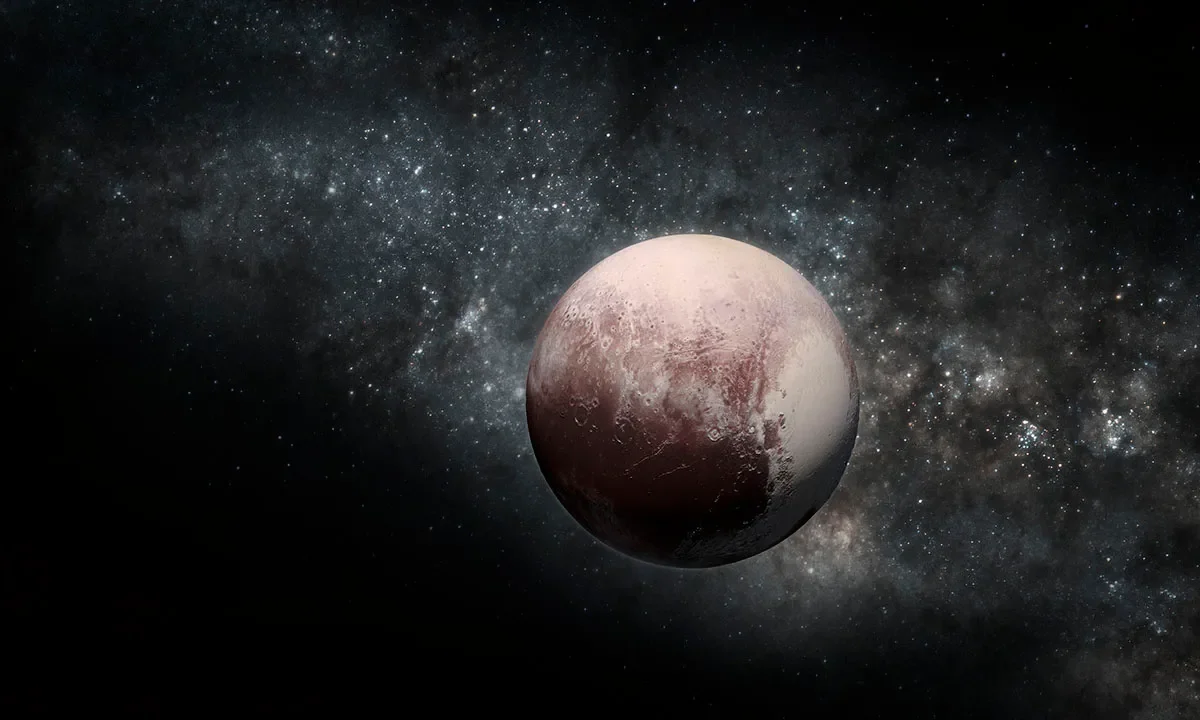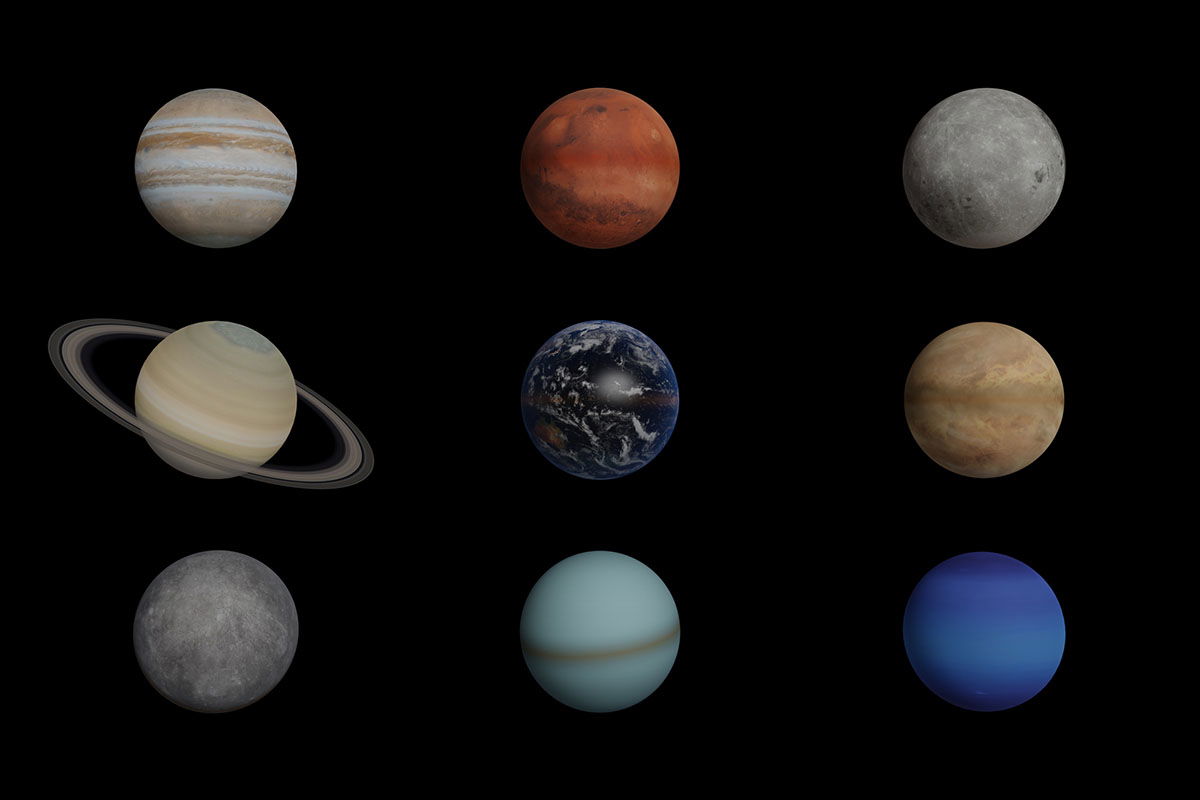

Once upon a time, our solar system had nine planets—that is, until August 24, 2006, when the International Astronomical Union (IAU) downgraded Pluto to a dwarf planet. Even after 17 years, the debate rages on. Should Pluto still be a planet?
A Brief History of Pluto
Percival Lowell was researching to find intelligent life on Mars when he suggested the existence of a ninth planet. In 1902, he noticed “deviations in the orbits of Neptune and Uranus.” From 1905 to 1911, Lowell and his team searched for what would later be named Pluto but could not find it.
Astronomers Clyde W. Tombaugh and William H. Pickering finally discovered Pluto on February 18, 1930 at the Lowell Observatory in Flagstaff, Arizona. This period of astronomy is defined by planet-hunting.
Pluto, located in the Kuiper Belt zone, beyond Neptune’s orbit, was named the ninth planet from the sun. Its name has a dual meaning. A young girl from Oxford, England suggested the planet be named after Pluto, the God of the Underworld. Her grandfather told the Lowell Observatory, and they decided to use the name, especially because the first two letters of Pluto were the initials of Percival Lowell.
Why Was Pluto ‘Demoted’?
Pluto was demoted from being the ninth planet in our solar system to being the fifth dwarf planet in August 2006. Pluto was considered to be a unique object within the Kuiper Belt, but after more research, astronomers found that there are many objects in the belt similar to Pluto—and, in fact, more similar to Pluto than Pluto is to the other planets within the solar system.
Before Pluto could be demoted, though, the International Astronomical Union had to define what a planet was. The three criteria for an object in space to be considered a planet are:

- It must orbit around the sun
- It must be big enough to have enough gravity to force it into a spherical shape
- It must be big enough for its gravity to clear away any other objects of similar size near its orbit around the sun
Pluto only meets the first two criteria.
Defining a Dwarf Planet
Astronomers estimate that there could be over 200 dwarf planets in the Kuiper Belt alone, even though there are only five named: Pluto, Ceres, Eris, Haumea, and Makemake. NASA defines a dwarf planet as “a celestial body that orbits the sun, has enough mass to assume a nearly round shape, has not cleared the neighborhood around its orbit, and is not a moon.”
The Hot Button Debate: Should Pluto be Reinstated?
Since Pluto’s demotion in 2006, there has been debate among scientists and Pluto fans alike about whether or not the planet should have been demoted. At the time, people objected to the demotion saying it “altered tradition and history.”
In 2015, the New Horizons mission passed by Pluto, where it was discovered that the dwarf planet has vast “geological complexity.” Since 2017, members of this mission have been advocating for the reinstatement of Pluto as the ninth planet in our solar system.
Arguments for the reinstatement of Pluto suggest that the definition of what a planet is needs to be redefined because it does not take into consideration other planets orbiting around other stars in the universe.
In 2021, a study in the Icarus Journal claimed that the IAU’s definition of what a planet is came from astrology, not science. The New Horizon mission photographed Pluto’s surface, which gave scientists a strong argument for the reinstatement of the dwarf planet as the ninth planet in our solar system because it has a complex and icy surface with mountains and glaciers.
Why I Believe Pluto Should Be Reinstated

Pluto Demoted Day is a polarizing faux holiday. I have no real stake in the argument for or against the inclusion of Pluto as the ninth planet of our solar system,but personally, I think Pluto should gain its planet status back. Astronomers tend to agree with me. In a vote on whether or not to demote Pluto, only 5% of astronomers voted for the demotion the planet. I may not be very good at math, but that seems like the minority ruled on this vote.
Do you think that Pluto should still be a planet?









